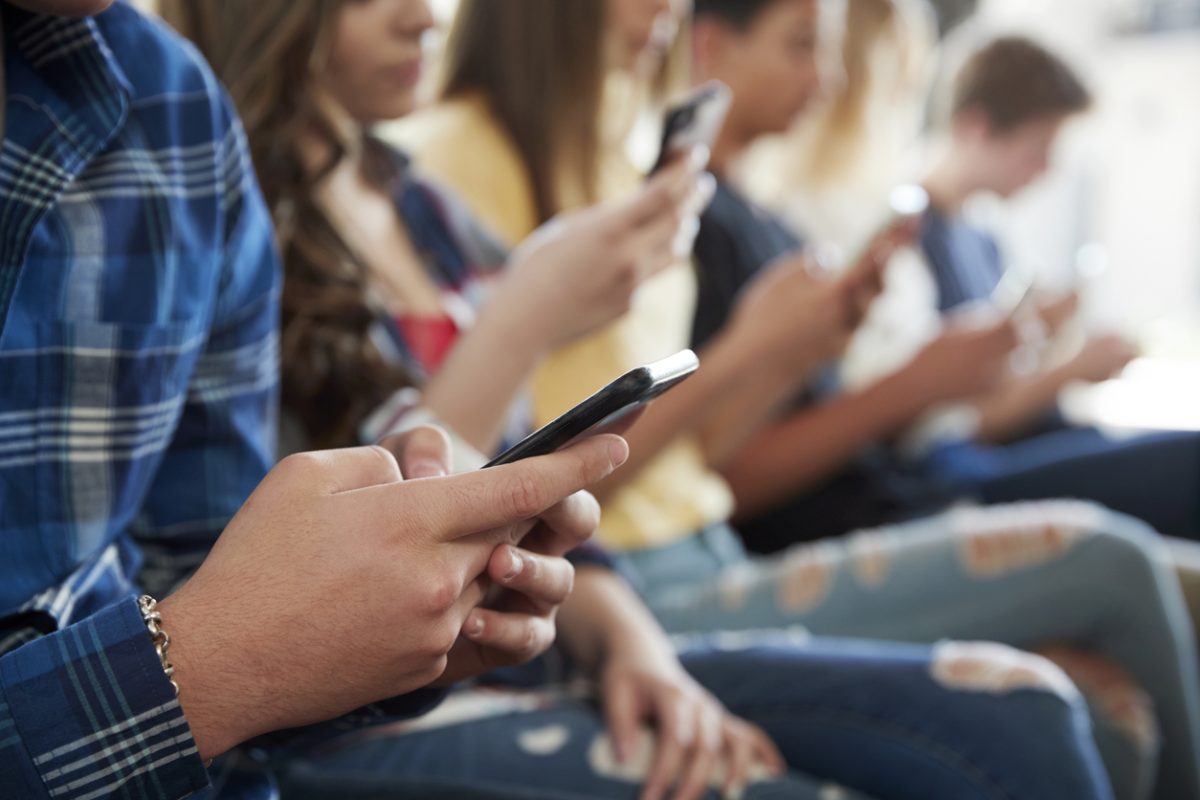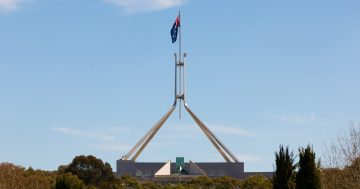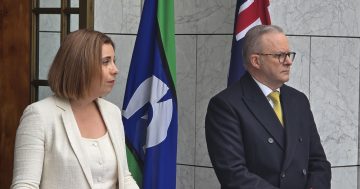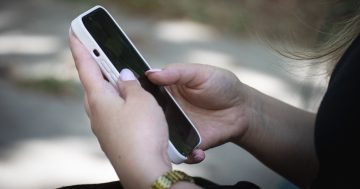
Children and young teenagers will be banned from social media by this time next year, or maybe sooner if the Coalition wins the next election. Photo: File.
If the Coalition wins next year’s federal election, it would like to implement the social media ban on under 16s within 100 days, but that might prove a little difficult now that Labor’s legislation has passed.
The Federal Government and the Opposition teamed up in the last sitting days of Parliament for 2024 to push through the controversial bill to make social media platforms refuse children and young teenagers access to their services.
Legislation had breezed through the House of Representatives the previous week, and passed the Senate late on Thursday (28 November) before receiving the final tick back in the Reps on Friday morning.
But the Coalition isn’t about to let Labor take all the credit for the new laws, and even though some of its own members voted against the bill, it says it would like to introduce them ahead of the government’s planned schedule.
As it stands, Labor will embark on a year-long review before the ban comes into effect at the end of 2025.
But Shadow Communications Minister David Coleman has been quick to remind voters the Coalition called for a social media ban long before Labor introduced the legislation.
He said Opposition Leader Peter Dutton was at the forefront of the debate.
“Peter Dutton showed strength, he showed leadership, and he said enough, if we’re elected, we’ll implement this age limit within 100 days of being elected,” Mr Coleman said.
“It was the right thing to do, and we’re pleased that the Parliament has now acted on this.”
Anthony Albanese was full of praise for his team on Friday morning and thanked the Parliament for passing “world-leading action” to make sure social media companies meet their social responsibility.
“Social media is doing harm to our children, and today as a direct result of our legislation passed through the Parliament, yesterday through the Senate and confirmed in the House today, parents can have a different discussion with their young ones,” the Prime Minister said.
“A different discussion that will result in better outcomes and less harm for young Australians.
“Platforms now have a social responsibility to ensure the safety of our kids is a priority for them.
“We’re making sure that mums and dads can have that different conversation today and in future days. We’ve got your back is our message to Australian parents.”
But while the leaders of the major parties are patting themselves on the back, not everyone is happy about the bill passing.
Independent ACT senator David Pocock voted against the bill and said no expert he had spoken to believed the ban as proposed could work in isolation.
The Greens voted against it too and have condemned the major parties’ deal to rush the legislation through.
Greens senator Sarah Hanson-Young described the passage of the law as a “world-leading failure by the PM and Peter Dutton” that rejected the duty-of-care amendment proposed by her party.
“What we’ve witnessed this week is boomers trying to tell young people how the internet should work,” she said.
“Yet these boomers clearly have no idea how young people engage with the internet.
“This bill might make oldies feel like they’ve done something, but in reality it only delivers a false sense of security.
“Young people will be pushed to darker spaces on the web and regional, marginalised and vulnerable kids will be further isolated.”
Meta (Facebook), TikTok and Snapchat have all issued statements expressing concerns over how the bill was rushed through Parliament – and without details of how it will be implemented and enforced – but also agreeing to respect the new laws.
Their request is for the government to work closely with them over the next 12 months to ensure a smooth transition to the new regimen and a workable implementation of the ban.
Education Minister Jason Clare, while stressing that passing the new law was the right thing to do, conceded that implementation would be difficult.
“None of this is going to be perfect,” he said.
“None of this is going to make sure that every child under the age of 16 is not going to end up on TikTok.
“In the same way that … young people under the age of 18 can get access to alcohol as well.
“So there’s going to be cases where young people are still going to be on social media.
“What this is going to do is make sure that most young people aren’t, and it’s going to take some pressure off parents.”
Original Article published by Chris Johnson on Riotact.










